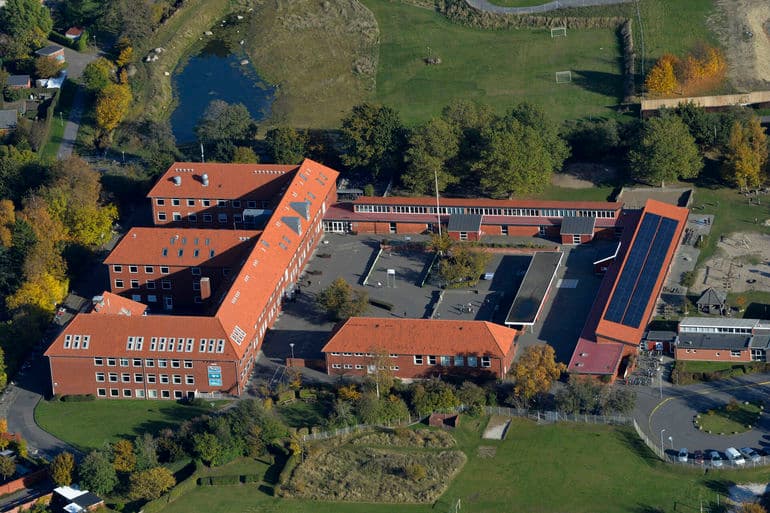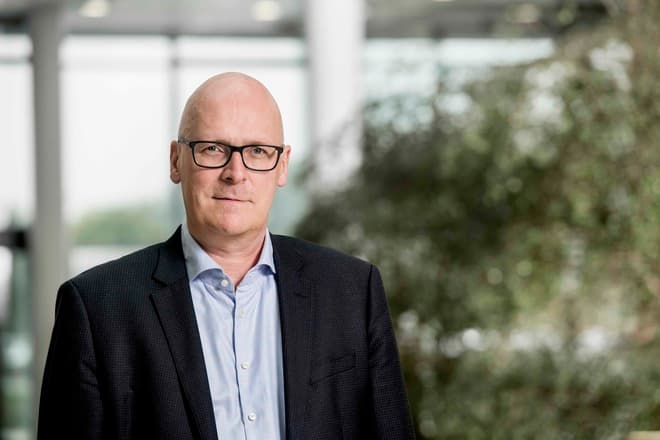
Municipalities have previously pointed to bureaucracy and unclear rules as the reason why solar cells were not installed on municipal roofs. That excuse has disappeared after the government in August removed the requirement for company separation, which had long been the biggest obstacle to investments.
Yet a review of the municipalities' budget agreements for 2026, which the trade organization Tekniq has done, shows that several municipalities are holding back from putting money into installing solar cells on the roofs of, for example, schools and nursing homes.
- Solar cells on roofs hold great untapped potential. It makes sense to produce green electricity where it is used, and on buildings that already function in everyday life. It is also a way to avoid the so-called iron fields, says Nicolai Siegumfeldt, deputy director of Tekniq, in a press release.
The statement shows that there are large regional differences. In the Region of Southern Denmark, only one out of 22 municipalities, in the form of Assens, has allocated funds for solar cells, while 15 out of 29 municipalities in the Capital Region have done so. In the Central Denmark Region, four out of 19 municipalities have allocated money in next year's budget, while there are two in both the North Denmark Region and Zealand, respectively.
Tekniq, which represents companies in the technical business community, had hoped that more municipalities would take advantage of the simplified rules to promote local green electricity and reduce operating costs. The organization now hopes that the municipalities will prioritize solar cells higher in the coming years.
- We had hoped that many more municipalities would have taken up solar cells when the regulatory framework was simplified. Now we must hope that more municipalities prioritize solar cells in the coming years. Because it is an obvious option that both strengthens local green electricity and reduces operations in the long term, says Nicolai Siegumfeldt.
amp
Text, graphics, images, sound, and other content on this website are protected under copyright law. DK Medier reserves all rights to the content, including the right to exploit the content for the purpose of text and data mining, cf. Section 11b of the Copyright Act and Article 4 of the DSM Directive.
Customers with IP agreements/major customer agreements may only share Danish Offshore Industry articles internally for the purpose of handling specific cases. Sharing in connection with specific cases refers to journaling, archiving, or similar uses.
Customers with a personal subscription/login may not share Danish Offshore Industry articles with individuals who do not themselves have a personal subscription to Danish Offshore Industry.
Any deviation from the above requires written consent from DK Medier.



























